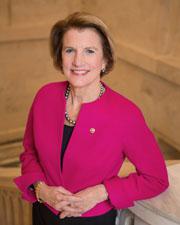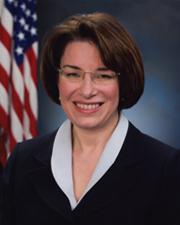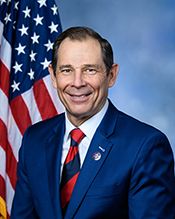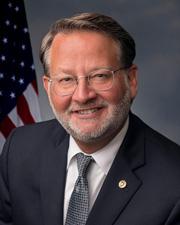19
Rural Broadband Protection Act of 2025
7/3/2025, 8:04 PM
Summary of Bill S 98
The high-cost universal service program is a federal program that provides funding to help ensure that all Americans have access to affordable and reliable telecommunications services, particularly in rural and underserved areas. The program is intended to bridge the digital divide and promote universal access to communication services.
Under this bill, the FCC would be tasked with creating a formal process for evaluating and approving applicants for funding through the high-cost universal service program. This vetting process would likely involve assessing the qualifications and capabilities of prospective applicants to ensure that the funds are being allocated effectively and efficiently. The purpose of this legislation is to increase transparency and accountability in the distribution of funds through the high-cost universal service program, ultimately ensuring that the program is achieving its intended goals of expanding access to communication services for all Americans. Overall, Bill 119 s 98 seeks to improve the administration of the high-cost universal service program by implementing a vetting process that will help to identify and support qualified applicants who can effectively utilize the funding to expand access to telecommunications services in underserved communities.
Congressional Summary of S 98
Rural Broadband Protection Act of 2025
This bill requires the Federal Communications Commission (FCC) to establish a process to vet applicants for certain funding programs that support affordable broadband deployment in high-cost areas, including rural communities.
Specifically, the FCC must conduct a rulemaking to develop a vetting process for applicants seeking funding under high-cost universal service programs for the deployment of a broadband-capable network and the provision of supported services over the network. The FCC must require applications for such funding to document each applicant’s technical, financial, and operational capabilities related to the proposed deployment, as well as a reasonable business plan.
The FCC must evaluate applications against reasonable and well-established standards and must consider each applicant’s history of compliance with the requirements of other government broadband funding programs. After the rulemaking is finalized, funds may only be awarded to applicants that satisfy the standards established therein.
Finally, the FCC must set financial penalties for applicants that default in some manner during the evaluation process before they are authorized to begin receiving support.
Read the Full Bill
Current Status of Bill S 98
Bipartisan Support of Bill S 98
Total Number of Sponsors
16Democrat Sponsors
0Republican Sponsors
16Unaffiliated Sponsors
0Total Number of Cosponsors
5Democrat Cosponsors
3Republican Cosponsors
2Unaffiliated Cosponsors
0Policy Area and Potential Impact of Bill S 98
Primary Policy Focus
Science, Technology, CommunicationsAlternate Title(s) of Bill S 98
Comments

Jaycee Evans
5 months ago
This bill ain't gonna help us folks in rural areas. It's just gonna benefit big telecom companies. #disappointed #ruralbroadband #S98

Magnus Hobbs
10 months ago
I can't believe this new bill, it's gonna mess everything up for us in the long run. I don't like it one bit. This is gonna be bad for all of us, mark my words.

Cassian Fuller
7 months ago
What does this mean for rural areas like mine?



